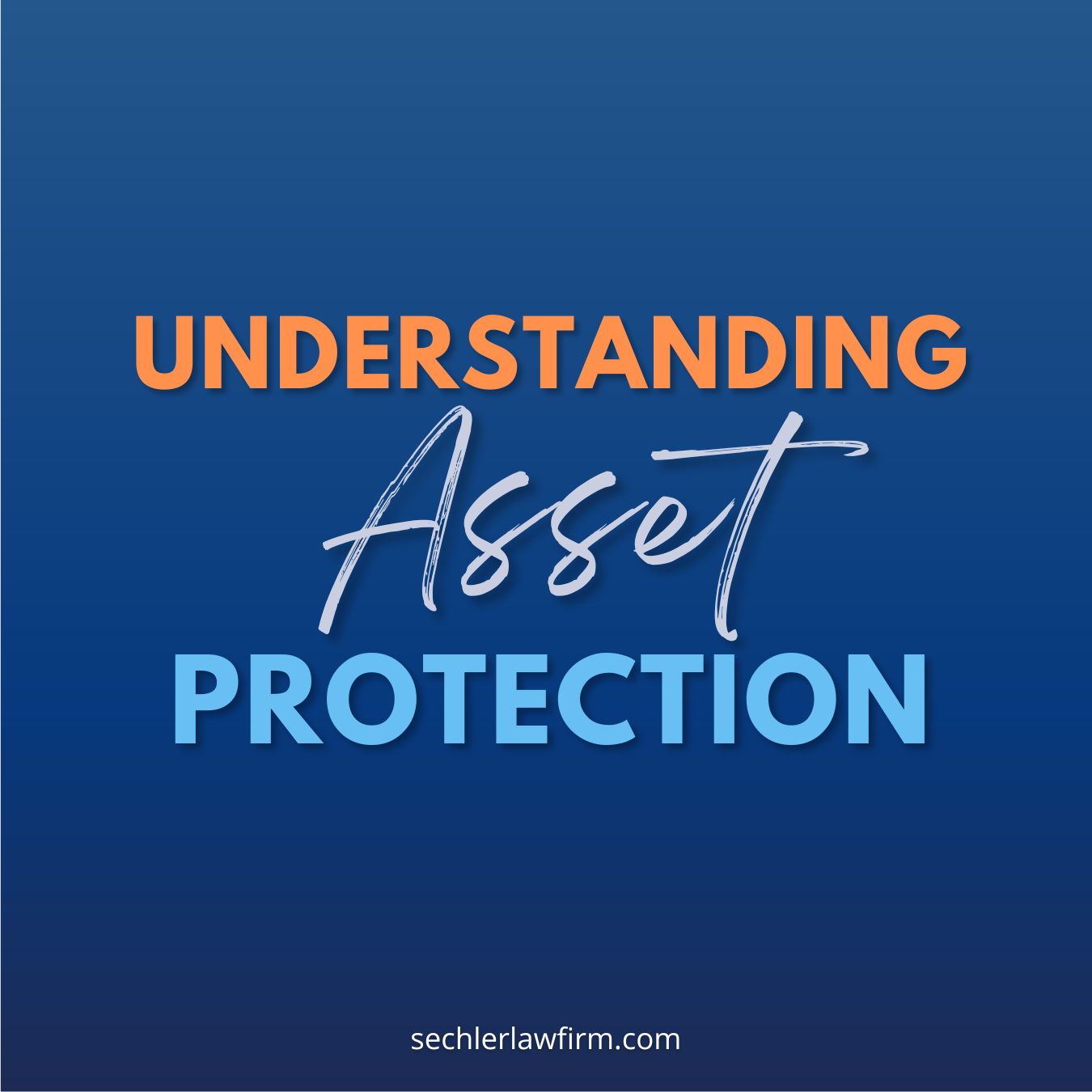Recently, I was interviewed by a local newspaper about asset protection, a topic we get more questions about than anything else. It’s understandable—people work hard for their assets, and they want to protect them.
At our firm, we prioritize education. In our workshops, we often ask clients, “Why are you here learning about estate planning instead of relaxing at home?” Most of them seek peace of mind, wanting to ensure they won’t lose everything if they ever need long-term care. With nursing homes costing up to $150,000 a year, that concern is very real.
Don’t Blame the Nursing Homes
Nursing homes aren’t to blame for these costs—they have skilled staff and caregivers who deserve fair pay. The problem lies in how the healthcare system handles long-term care. Medicare covers acute health issues, like heart attacks or cancer, but not chronic conditions that require extended nursing home care, like Alzheimer’s. So, if you have a severe stroke, you’ll pay for that care privately until you qualify for Medicaid, which only kicks in after you’ve exhausted your assets.
Many people think, “I’ll never go to a nursing home,” but the reality is unpredictable. If I needed long-term care, the financial strain could leave my wife with little to live on. And Medicaid’s rules don’t allow us to protect enough to secure the retirement we’ve saved for decades.
The Role of Asset Protection Trusts
One effective way to protect assets is by creating an asset protection trust. This legal tool, which we often set up for clients, shields assets like your home from being counted by Medicaid after a five-year period. So, if you later need Medicaid, the assets in the trust are safeguarded.
For many families, the home is the largest asset placed in these trusts. While Medicaid allows you to keep a primary residence, it’s difficult to maintain one on the limited monthly allowance Medicaid provides, which is $45 in Pennsylvania. If adult children are responsible for covering these costs, they may consider selling the home. But doing so could jeopardize Medicaid eligibility, as the proceeds convert into countable cash assets.
Estate Recovery and Why a Will May Not Be Enough
Even if a home remains unsold and the owner receives Medicaid, Pennsylvania’s estate recovery program can reclaim Medicaid expenses from the estate after the owner’s death. This recovery process often requires selling the home, which can be a significant loss for heirs. However, assets within a trust aren’t subject to estate recovery, as they bypass probate. Thus, placing your home in a trust, rather than a will, can protect it for your family.
Additional Assets in a Trust
Besides a home, other non-retirement assets like bank accounts and life insurance policies can be placed in a trust. Retirement accounts, such as IRAs or 401(k)s, don’t belong in these trusts for tax reasons, but there are still options for protecting life insurance policies within the trust.
Are Trusts Only for the Wealthy?
Trusts aren’t just for the ultra-wealthy. Wealthy people use them primarily to reduce federal estate tax exposure, but for middle-class families, the focus is on protecting assets from nursing home costs. With the federal estate tax threshold over $13 million, many middle-income families aren’t at risk of those taxes, but they are vulnerable to losing assets due to long-term care expenses.
Trust-based planning is a modern approach to estate planning for asset protection. While previous generations may have only used wills, times have changed. A will alone often isn’t sufficient to protect assets from nursing home costs. Trusts are an increasingly popular solution for middle-class families to retain their hard-earned assets.
Learn More at Our Workshops
We cover asset protection strategies and much more in our Three Secrets to Protect Your Legacy Workshops, which are held regularly throughout the area. The workshops are free, and you can register on our website at sechlerlawfirm.com/workshops.









